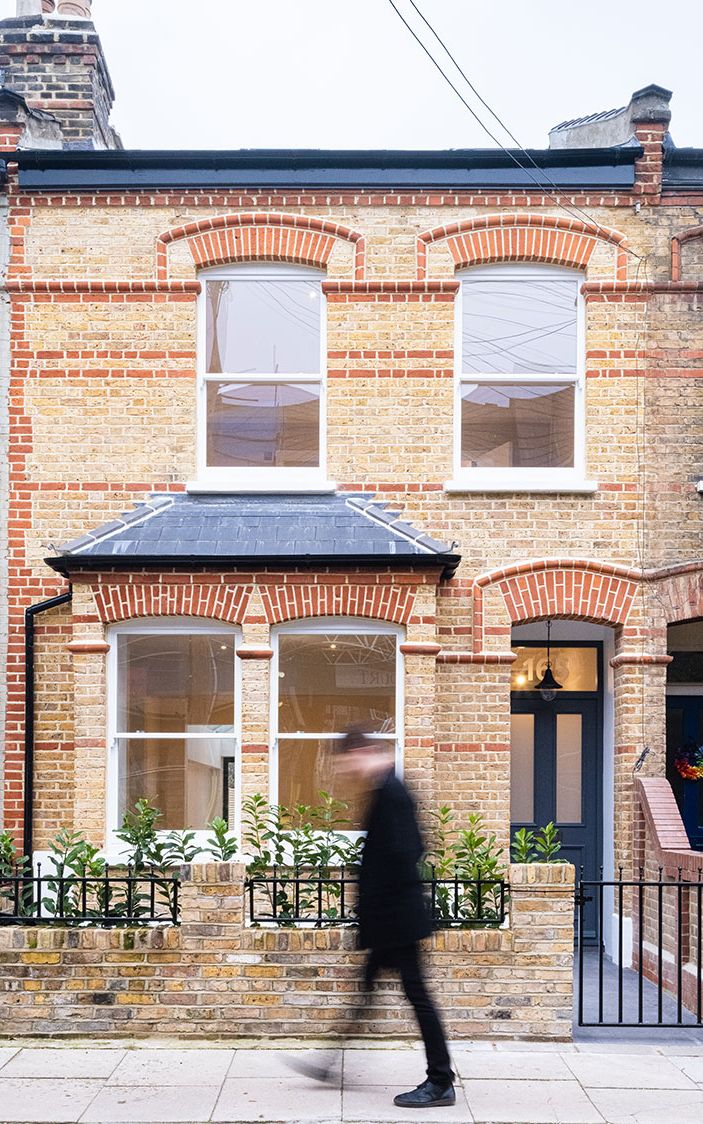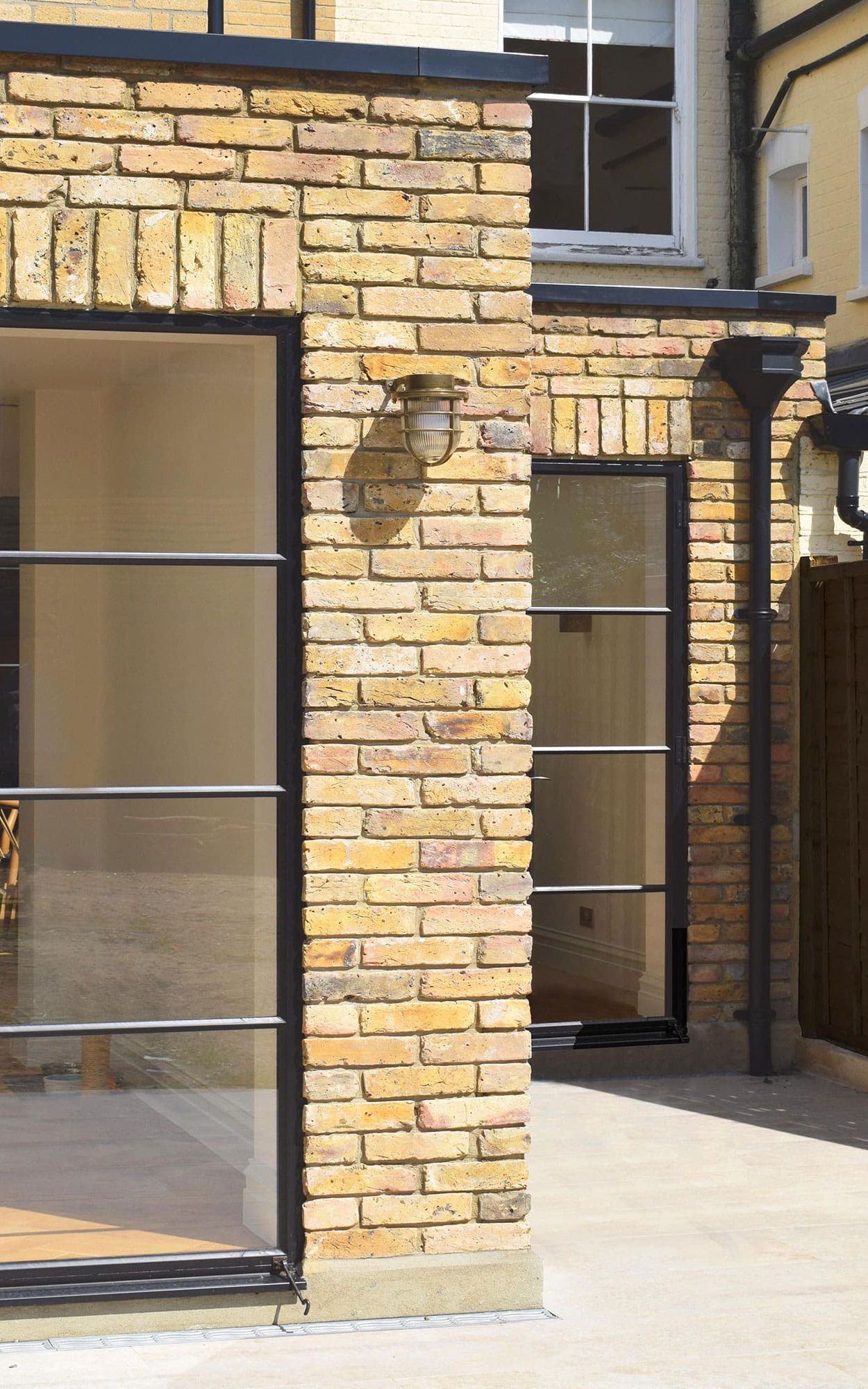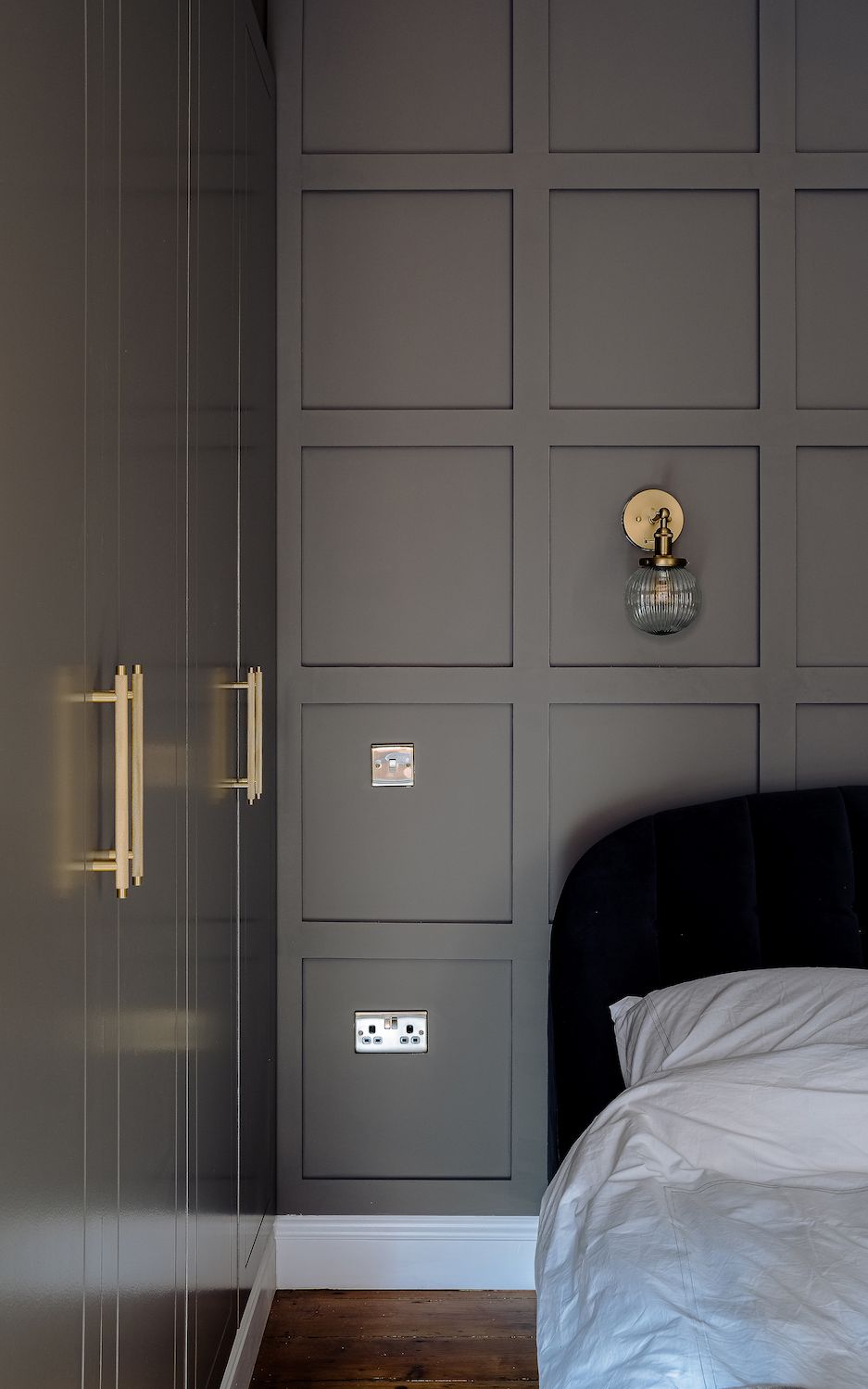Asking a couple of builders to see your property is often the first step people take when considering carrying out works to their homes. Unfortunately, you can often receive a large range of prices, differing advice regarding design decisions and solutions and a lack of clarity regarding planning policy. This makes it difficult to make a decision at this initial stage. The key issue is the lack of information you are providing the builders. Because there is no detail from which to price, the quotes are based on assumptions and estimates. You are unlikely yourself to be 100% sure about exactly what you are after.
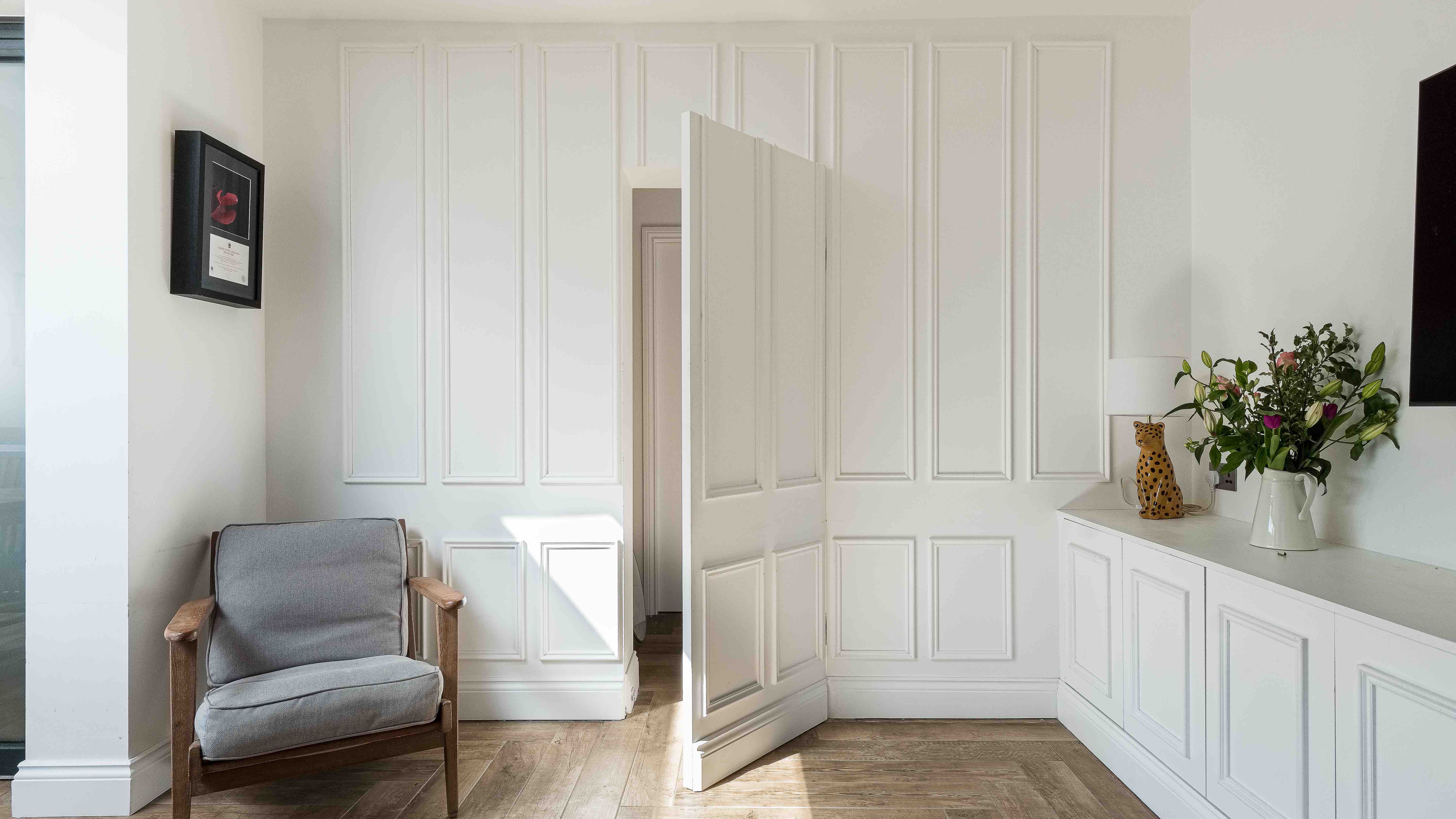
Employ a Qualified Architect
An architect will be able to guide you through the complex and often bewildering process of scheme design, planning permissions and building control approval. Crucially, a qualified architect will be able to carry out the tendering process for you (selecting a builder). A key benefit in employing a good architect to assist in the selection of the builder, is the level of detail that can be included on the drawings. From roof, floor and wall build-ups through to door handles and switch plate specifications can be identified on the drawings.
Although time consuming to prepare, this will allow each builder to price exactly what you require, rather than making assumptions. You can then be quite confident that the prices you receive are comparable in terms of the final product.
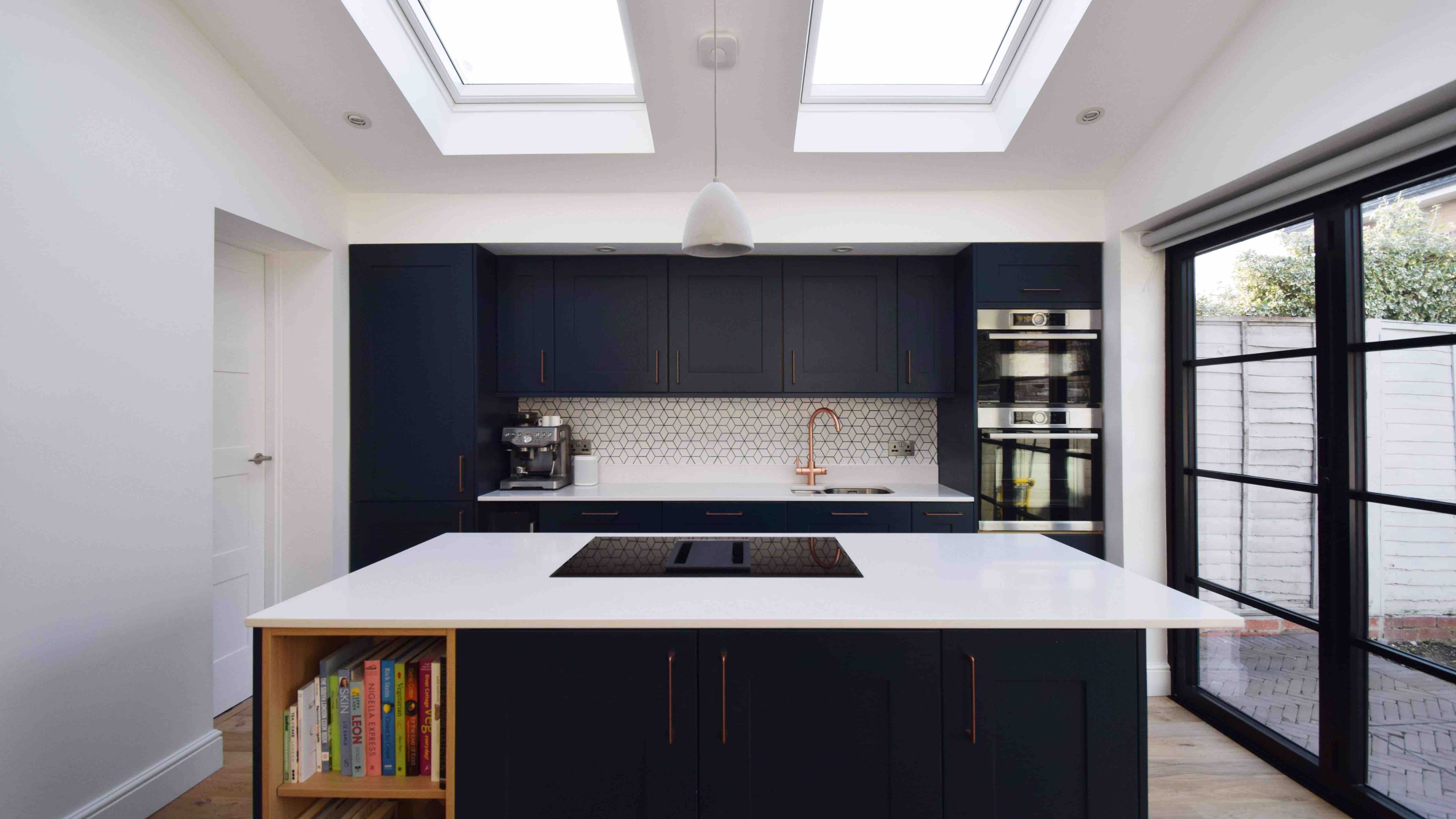
Recommendations
Get recommendations from friends and family who have carried out work in the same area. If your next door neighbour has had similar works carried out, ask them about the service the builder provided and try and have a look at the quality of the finish. If your architect is local, they will be used to working with a number of different builders in the area and will be able to put some forward. Some builders are more willing to travel than others.
Start your search quite locally. For example, If you live in Balham or Clapham, start looking at builders located within the Borough of Wandsworth and Lambeth, before potentially widening your search to South-West london. After your recommendations, if you still require more builders, refer to the Federation of Master Builders website and search in your local area: https://www.fmb.org.uk/find-a-builder/
Tender Process
Tender to four or five contractors. One or two will often drop out, if they are suddenly too busy to take the work. Give the builders a deadline to return their tenders (usually 3-4 weeks to allow the builders to visit the property and to price against the detailed drawings). Your architect can request a certain level of detail from the contractors and an idea of the construction programme. This process can be quite telling, in terms of the professionalism of the contractors. If a builder struggles to meet a deadline for a quote, can you expect them to meet a project completion date?
What to Ask?
During the tender process, the builder will come to site. This is an important step in helping you make a judgement on the contractors. Treat the process as an informal interview:
Did they turn up on time?
Did they bring a printed set of drawings?
Had they studied the drawings before attending?
Most importantly, did you get on with them?
In every construction project there are grey areas and a little ‘give and take’ between contractor and client. At the very least you need a good relationship with your builder at the start of the project!
Other questions to ask:
Is this the type of work they usually carry out?
How many projects do they carry out at any one time?
Are there any projects they have completed that you can visit?
Who will manage the site?
Analysing the Costs
You will also find that some contractors will provide you with a better breakdown of costs than others. The more comprehensive the breakdown, the more transparent the builder is being. There is therefore less scope for hidden costs. Once you have received prices, you will ideally be left with a minimum of two sets of costs that are within or close to your budget. Make sure you visit recently completed projects by the two selected builders, to understand the quality of their finish.
There will usually be a process of analysis of the tender returns, which your architect can assist you with. This will involve comparing the costs between the breakdowns and checking for anomalies. For example, overly high costs for certain elements or items on the drawings that have been completely missed by the builder.
What if I am over budget?
At this point, you should have a good idea of your preferred contractor. It is also likely that you find yourselves a little over budget and so it is a good time to talk to your architect and your chosen contractor about possible savings which can be made. This can be achieved through:
Changes to the specification
Removal of certain elements, which could be carried out in the future
Reduction in the size of extensions or glazed elements
General negotiation with the builder
Until the final scope of works and price is agreed, don’t let on to the builder that he has won the contract, otherwise his saving suggestions are unlikely to be as constructive.

The Next Steps
Once your the final sum, scope of works, start date and completion date is agreed, your architect can update the drawings to reflect the changes and prepare a contract between you and your builder. This will help to protect you and your builder, should any issues arise during construction. When planning your project remember to factor in at least two weeks after the tender returns to carry out some analysis, select a contractor and sign a contract. Please also note that a builder will usually require 3-4 weeks to mobilise and start on site, once everything is agreed.
